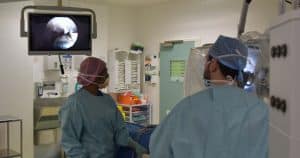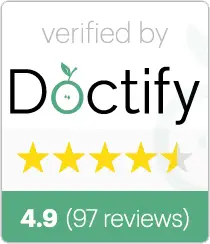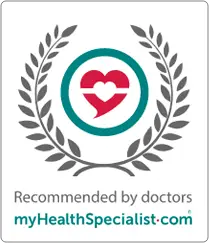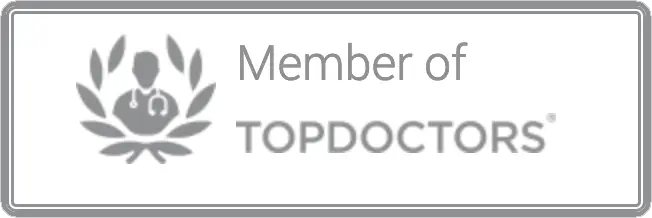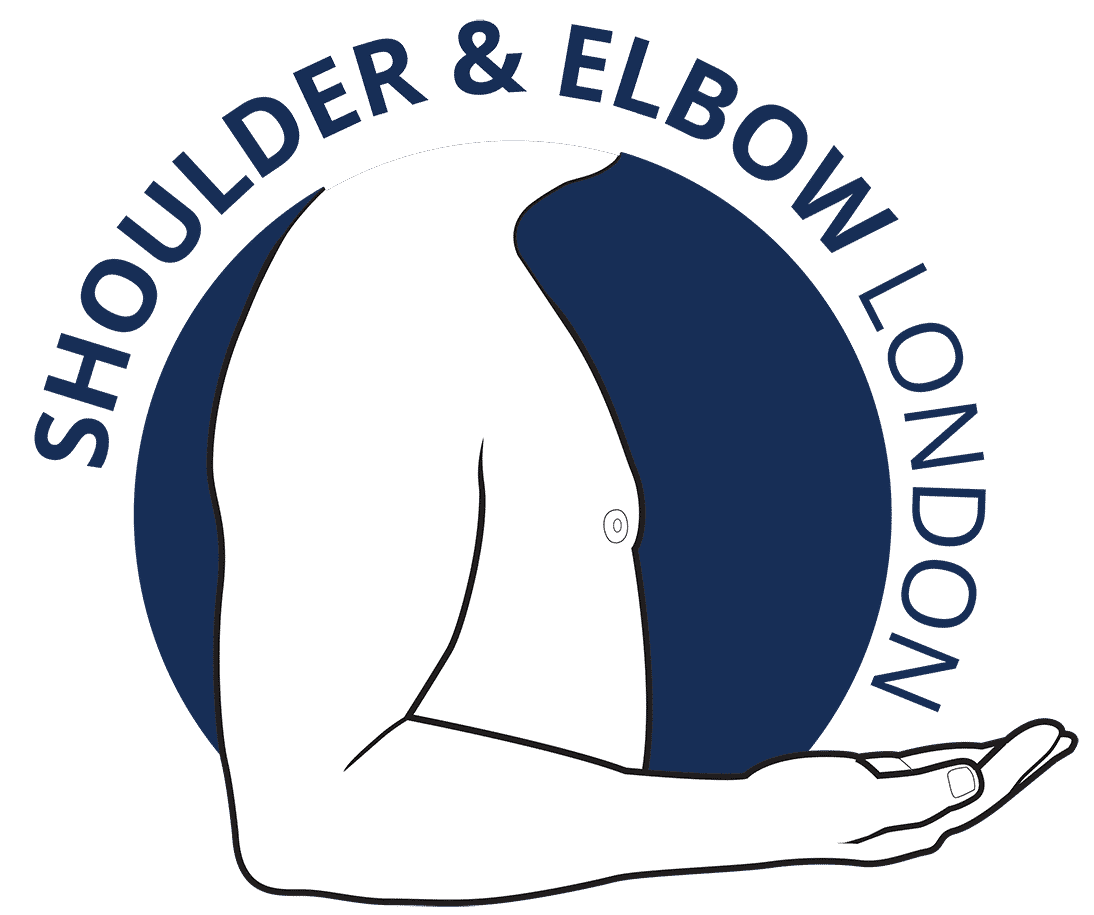
PREPARING FOR SHOULDER & ELBOW SURGERY
Pre-authorisation
Getting you prepared for your shoulder and elbow surgery is key. Before we can proceed with surgery, if you are an insured patient you will need to get pre-authorisation for your operation from the insurance company. We will give you a code or codes to give to the insurance company and we will also tell you the hospital we will do the operation in and the name of the anaesthetist covering the list.
We will need your pre-authorisation code from your insurance company in order to book you onto a theatre list.
Pre-assessment
For all planned operations you will require a pre-operative assessment prior to surgery. The pre-operative assessment may be face-to-face or over the phone depending on your medical history and the complexity of your surgery. Most pre-operative assessments include the need to come in for blood tests, MRSA swabs, Covid-19 swabs, and ECG’s depending on age and cardiac history.
Stopping medications prior to surgery
At your pre-operative assessment, the nurses will let you know if you need to stop any medications prior to your surgery. Most blood thinners except Aspirin need to be stopped prior to surgery. If you need to take medications on the day of surgery, you can do so with a small sip of water.
If you are unsure about the need to stop a medication prior to surgery, please check with us and we will clarify with the anaesthetist.
Covid-19 pre-operative precautions
The current guidance for patients having planned surgery in order to minimise your risk of getting covid-19 or bringing covid-19 into hospital is as follows:
- For two weeks before and two weeks after surgery aggressive social distancing is recommended (avoid large crowds, pubs, restaurants). Wear a mask everywhere in public during this time and wash your hands regularly.
- 3 days prior to surgery you will need to go to the hospital for a covid swab. You must then self-isolate at home from the time of the swab to the time of the surgery. Your family does not need to self-isolate. The hospitals currently check to see if you are at home and may cancel your operation if you are not isolating.
- If the covid swab comes back positive or if you or someone in your household develops covid-19 symptoms we will need to delay the operation to reduce your risk.
- We recommend getting your covid vaccine as soon as possible and at least a week before surgery.
Fasting on the day of surgery
If you are having awake shoulder and elbow surgery (under regional anaesthesia), or a general anaesthetic you will need to fast before your operation. Having food in your stomach delays surgery for at least 6 hours and clear fluids like water delays surgery for at least 2 hours. Please note that milk in a drink counts as food, chewing gum counts as food.
For operations in the morning, our usual fasting instruction is no food from midnight the night before the operation, and water only until 6 AM.
If your operation is much later in the day, we will give you specific fasting instructions.
If you are unsure about fasting instructions, please check with us prior to your surgery.
Carpal Tunnel operations are usually done under local anaesthetic and these usually don’t require fasting but we would recommend that you keep food to a minimum prior to surgery as some patients feel anxious on the day and having a full stomach could make you feel nauseous.
Arriving at hospital on the day of surgery
If your operation is on a morning list, we will need you to arrive at the hospital by 7:00 am so you can be prepped by the nursing team, reviewed by the anaesthetist and seen by Mr. Ferran for marking and consenting. Once we have seen all the patients on the list, we will confirm the order of the list.
If your operation is on an afternoon list, we will give you specific arrival times.
Please check our practice location page for the correct address of your particular hospital.
Planning for pain relief
On the day of surgery, we will send you home from hospital with painkillers and instructions on our shoulder surgery recovery and elbow surgery recovery pages on how and when to take them.
Some patients can benefit from having an ice pack to help with pain relief in between doses of pain killers and before bed. It is probably a good idea to have these before your operation. You can purchase a useful shoulder ice pack here (paid link). You can purchase a useful elbow ice pack here (paid link).
Planning your physiotherapy
Most patients will already have a physiotherapist prior to their operation. We will tell you at the time of booking your operation when your post-operative physiotherapy should start. Please get this approved from your insurance company and booked in in advance. On the day of surgery, we will send you a copy of your operation note and your rehab protocol to take to the physiotherapist. Our shoulder surgery recovery and elbow surgery recovery pages have information about early post-operative care and movement you can do prior to your physiotherapy.
If you don’t have a physiotherapist, you can choose one from our list of recommended shoulder and elbow physios. Also, if you are unsure what you can or can’t do after your operation, please get in touch with us to clarify.
Other pre-operative preparations
A shoulder patient who underwent rotator cuff surgery has shared some practical suggestions for planning for a complex shoulder or elbow operation especially if you will be in a sling for a period of time:
- Before your surgery, think about all the daily things you do with two hands so you can prepare for a few weeks of one-handedness. Consider getting shower-gel/shampoo/soap with pump dispensers, front opening tops/shirts with large buttons, a long-handle brush to scrub your back, screw top wine bottles, a hair dryer with a hook at the right height so you can dry your hair with one hand.
- Sitting at a table to eat and leaning over with a sling may be challenging so consider a cushioned lap-tray for eating.
- If you have to feed yourself, having small meal-sized portions in containers in the fridge/freezer in advance is helpful. Think of meals that you can eat with just a fork or spoon. If you don’t have a microwave getting a cheap one might be a good investment for warming up meals.
- Any jars or bottles that you use regularly that don’t need to be air-tight should be loosened before surgery.
- Clip your nails as short as possible on the day before surgery and consider doing any other two-handed beauty rituals as you may not be able to do them for a while.
If you have any other questions about getting ready for your surgery, please do not hesitate to contact us.
Nick Ferran @ Shoulder & Elbow London Ltd
Clinics in:
Chiswick – Harrow – St. Johns Wood
As an Amazon Associate, I earn from qualifying purchases.

